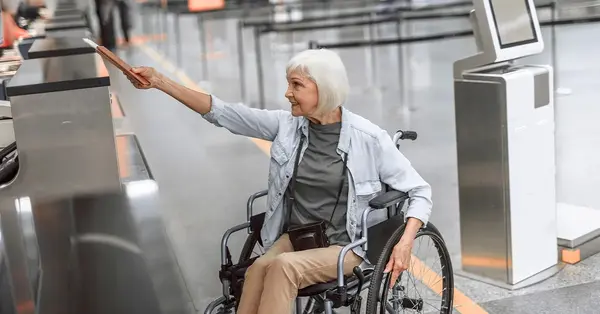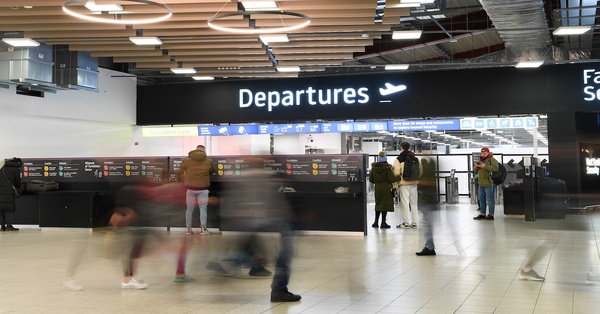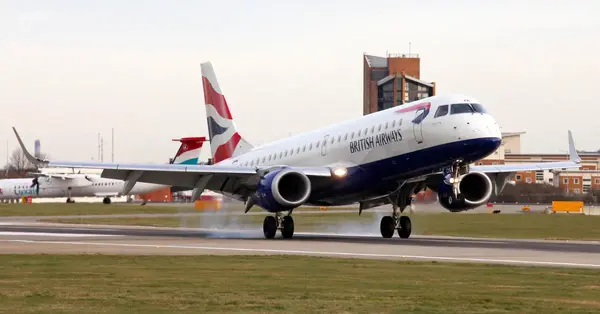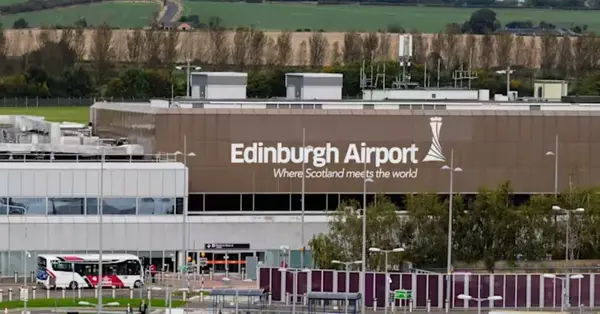You are viewing 1 of your 2 free articles
Ryanair weighs up London Stock Exchange delisting
Ryanair is considering delisting from the London Stock Exchange as boss Michael O’Leary warned of a “challenging” winter for pricing and yields coupled with rising fuel price costs.
Europe’s largest budget carrier reported a loss of €48 million for the six months to September 30 against €411 million in the equivalent period at the height of the Covid-19 pandemic a year earlier.
Ryanair Holdings reported a 128% rebound in passenger carryings from 17.1 million to 39.1 million and predicted traffic growth of 50% to 225 million passengers a year over the next five years.
Ryanair also reported 11.3 million carryings in October, up from 4.1 million the same month a year earlier as it operated 71,500 flights with a load factor of 84%.
But annual losses are projected at between €100 million and €200 million despite half year revenues rising 61% to €1.27 billion.
“This outturn will be crucially dependent on the continued rollout of vaccines and no adverse Covid-19 developments,” group chief executive O’Leary said.
“The Covid disruption of Easter traffic, the delayed relaxation of EU travel restrictions into May/June, and the uncertainty caused by the UK’s confusing traffic light system this summer and the close-in nature of bookings required price stimulation – resulting in average fares of just €33 – down 30%.”
Describing the outlook for pricing and yields for the winter as “challenging”, O’Leary said: “With the booking curve remaining very close-in, traffic recovery will require continuing price stimulation.
“This, coupled with rising costs for the small unhedged balance of our fuel needs, means that visibility for the remainder of [the full year] is very limited.”
Looking forward, he added: “Subject to no adverse Covid developments, and high vaccination levels remaining across Europe, Ryanair will take delivery of 210 [Boeing 737 Max] ‘Gamechanger’ aircraft over the next five years which allows Ryanair uniquely to accelerate growth into the post Covid-19 recovery.
“These aircraft deliver industry lowest costs, lower emissions, and will enable Ryanair to exploit growth opportunities at primary and secondary airports all over Europe – particularly where legacy carriers have failed or cut back their fleet as a result of Covid-19 and state aid.”
Referring to a potential delisting, he said: “Trading on the London Stock Exchange (LSE) as a percentage of overall trading volume in Ryanair’s ordinary shares has reduced materially during 2021.
“The migration away from the LSE is consistent with a general trend for trading in shares of EU corporates post-Brexit and is, potentially, more acute for Ryanair as a result of the long-standing prohibition on non-EU citizens purchasing Ryanair’s ordinary shares being extended to UK nationals following Brexit.
“The board of Ryanair is now considering the merits of retaining the standard listing on the LSE.
“Ryanair has a primary listing on the regulated market of Euronext Dublin, which offers shareholders the highest standard of protection, including compliance with the UK Corporate Governance Code, and its ADRs are listed on NASDAQ.”
Meanwhile, Donat Retif, chief executive of loveholidays, hit out at Ryanair’s refund policy during the pandemic.
He told The Telegraph: “It’s a scandal. Ryanair has refused flat out since day one to refund any customer.”
He argued that O’Leary “despises” online travel agencies.
Commenting on the airline’s results, Jonathan Sullivan, managing director of consulting group Accenture’s travel industry division, said: “The travel landscape is constantly changing, and the pandemic forced the airline industry to adapt more quickly and more efficiently than ever.
“While ramping back up, recovering traffic and ultimately profits remain at the forefront of business leaders’ minds, it’s equally as important to continue to build back trust in travel brands.
“Many customers are travelling again for the first time – and they are still finding it difficult to navigate the new processes for every country.
“These latest results show that although there’s still a long road to recovery ahead for the industry, passenger numbers have increased compared to the last financial year.
“Airlines that relied heavily on business travel may still be in the depths of recovery mode, and more leisure oriented low-cost carriers have been able to capitalise on the pent-up demand over the summer months, making the ramp up easier.
“As we look ahead to 2022, the winter outlook is still muddled, but there is every expectation of a strong summer season coming for the airline industry.
“Travellers’ own expectations have changed for good and they expect clearer, more digital service from travel companies. Travel companies simply have to pivot their strategies to meet these newfound expectations.”


















